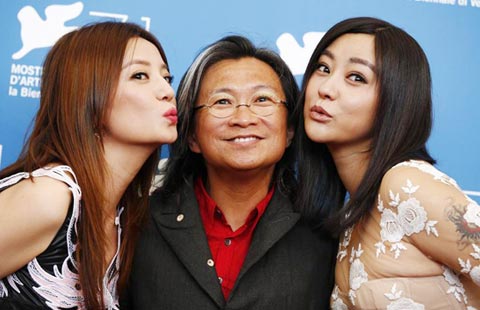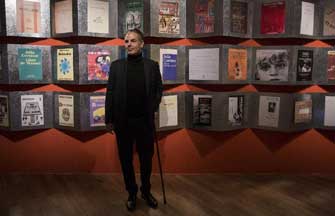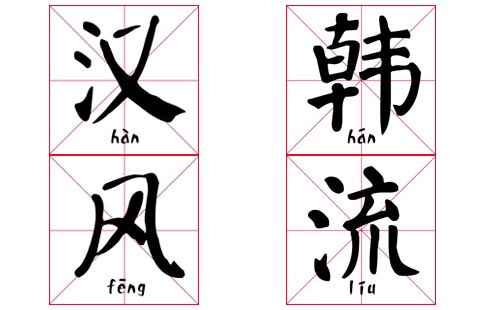Chinese writers looking abroad
( Xinhua ) Updated: 2014-08-31 10:41:53
|
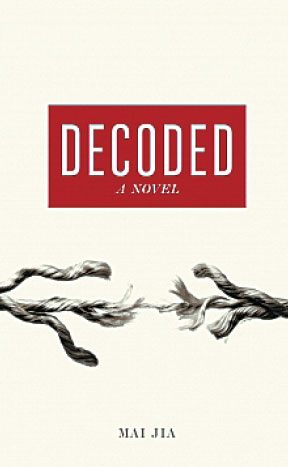 Mai Jia's 2002 novel is published in English by Penguin. Provided to China Daily |
GUANGZHOU -- Chinese novelist Mai Jia has a very tight schedule during the summer vacation. With several book fairs staged in rapid sequence across China's top tier cities, he's at the top of their guest lists.
Mai's 2002 debut novel Decoded has been translated into English and will be published in Britain and the United States in spring. He's also the first contemporary Chinese writer whose work has been labeled a Penguin Classics.
After Mo Yan, the Nobel Laureate of Literature, Mai is now considered one of a handful of authors with "overseas success." However, he admits Chinese writers are still marginalized in the West.
"Chinese literature has little influence outside of its border, " Mai told Xinhua during the South China Book Festival in mid-August. "Many works have been published abroad, but they hardly reach the common readers. Instead, they've become samples of China studies. That's all."
Mai's debut novel tells a thrilling story about a genius code breaker. Sinologist Olivia Milburn, who translated the work, randomly came across it at a Shanghai airport in 2010. She found it particularly fascinating as her own grandfather was a cryptographer during the World War II.
Later she introduced her translated work to Penguin Random House in the UK.
Mai said the success of his book was a stroke of luck. "But compared with many other Chinese books, Decoded is actually more understandable to westerners -- spy fiction is a mature genre in the West and a lonely, struggling hero is loved and sympathized everywhere."
In other words, the book sells no politics or sex in the "mysterious" country, but simply a good story that everyone can understand, Mai concluded.
|
|
|
|
|
|
|
|



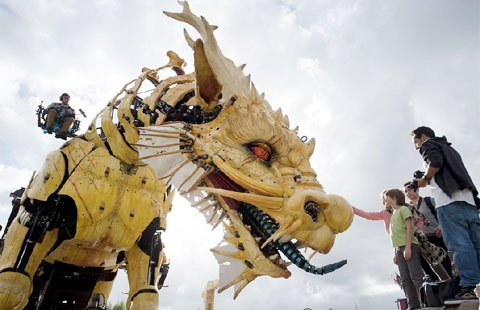
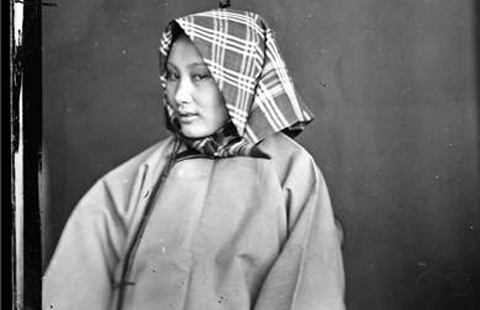
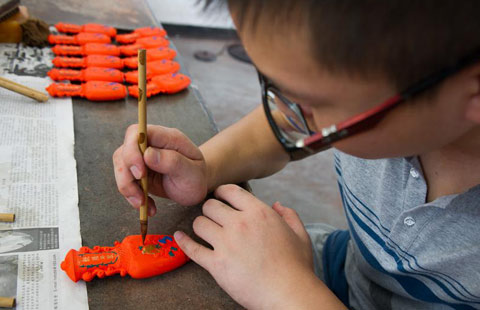
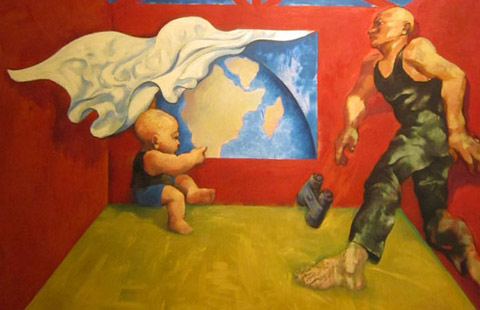

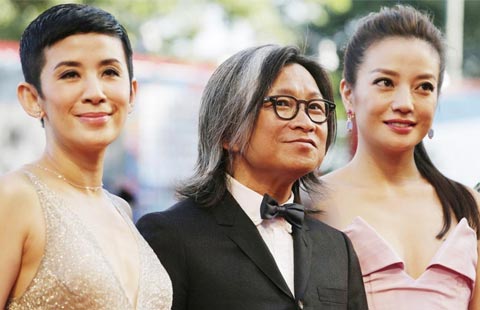




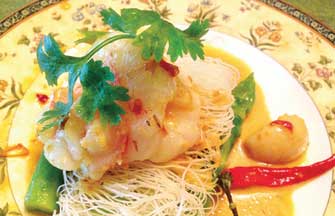




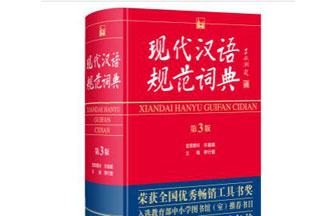



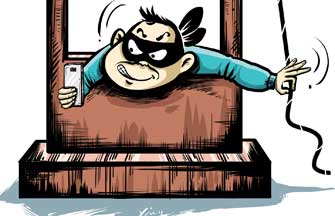 Selfies and the art of staying within limits
Selfies and the art of staying within limits Raymond Zhou:
Raymond Zhou: Pauline D Loh:
Pauline D Loh: Hot Pot
Hot Pot Eco China
Eco China
